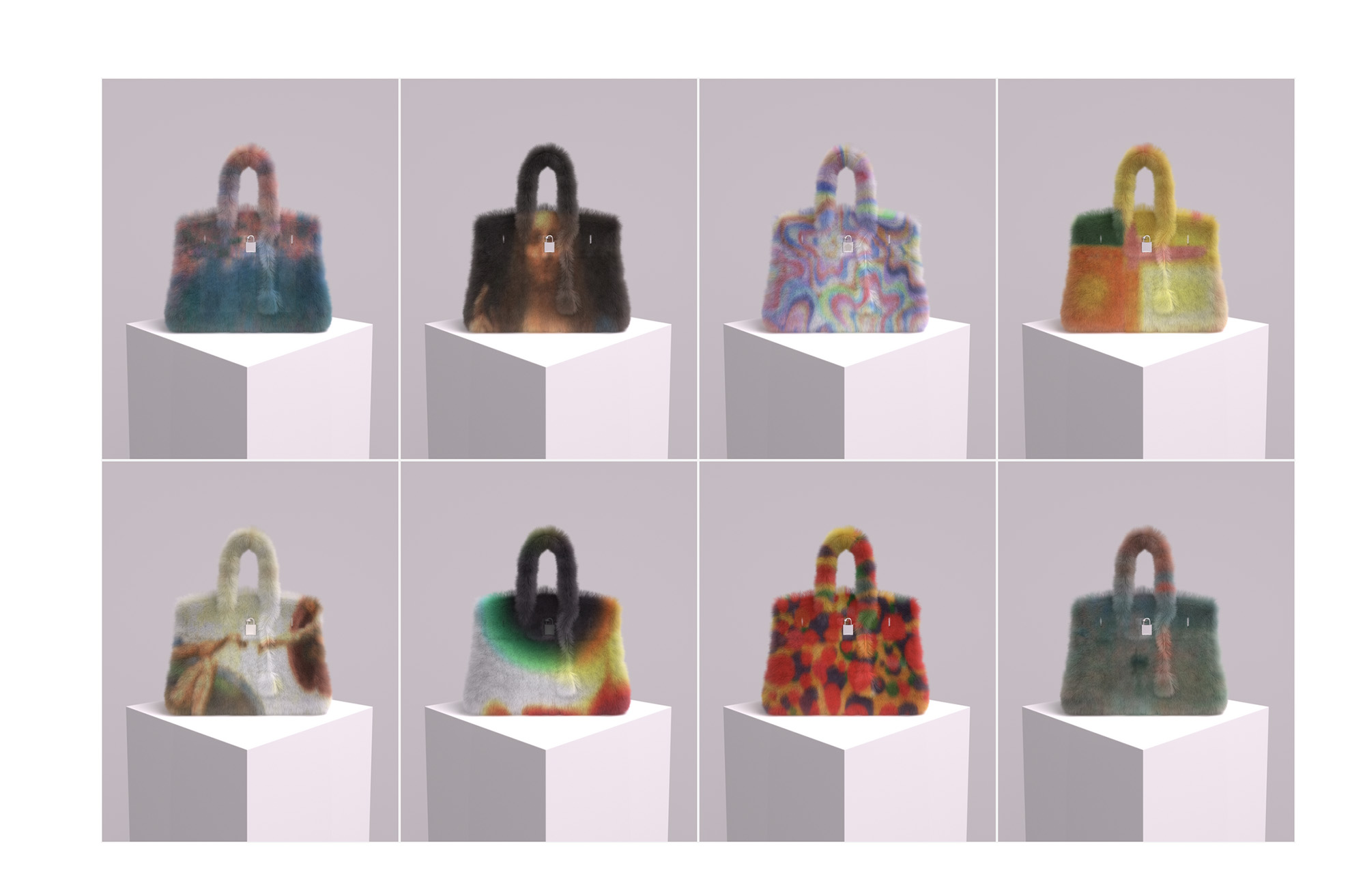
Main Content
Do trademarks in the real world apply to the metaverse? Last Wednesday, a jury in New York ruled in favor of Hermès in a suit against MetaBirkin NFT, an unaffiliated digital token project that sold items based off of Birkins in the metaverse.
MetaBirkin creator Mason Rothschild and his attorneys argued that the NFT project was protected under free speech and artistic expression. For example, Andy Warhol used Campbell Soup cans in his iconic art, an argument supported by professional art critics. The digital bags in question included fake fur and other alterations, so were not simply images of pre-existing bags.
Ultimately, however, the argument fell short of Hermès’ position that such images, based on their handbags, are trademarked and represent a dilution of the brand.
Some see this as good news for the art world, as it prevents a “gold rush” to digitally capture popular, already established brand names. NFT creators will have to design artifacts and objects that have no pre-established, hard-earned clout.
Others see this as a loss of artistic potential in the metaverse and an unfair verdict, as derivative work is commonly protected under copyright law. MetaBirkin hopes the case goes to appeal.
MetaBirkin took in $110,000 of profit selling the images. The founder must pay all of it back to Hermès plus $23,000 in damages for cybersquatting on the MetaBirkins.com domain.
This trial is considered to be the first NFT trademark trial and will likely set a precedent.
Testimonials
Get in
Touch





